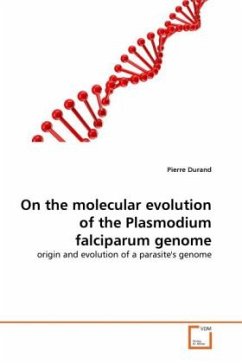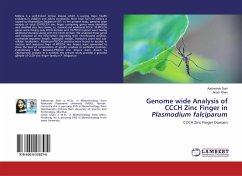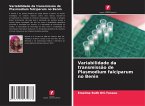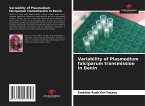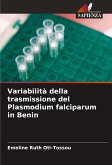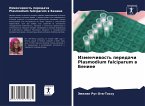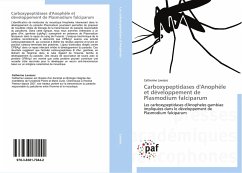The malaria parasite P. falciparum has been the most lethal parasite of humans in history. It also has a most peculiar genome. This book reviews the origins of Plasmodium and details work carried out to investigate parasite genome evolution. It is filled with novel ideas and unique insights that shed light on the evolution of the organism. An array of topics are covered such as the impact the organism has had on human evolution, the unexpected finding that the P. falciparum genome is devoid of selfish genes and that the parasite codes for its own programmed death. The author also demonstrates how understanding molecular evolution is valuable for developing new drugs against organisms like the malaria parasite. This book is suitable for anyone with an interest in malaria, genomics, evolution or the co-evolution between human and parasite. It integrates different areas of biology, including bioinformatics, genomics, molecular biology and evolution. This book is suitable for individuals at all levels, from undergraduate students to experts, as well as other interested parties with a basic knowledge of biology.
Bitte wählen Sie Ihr Anliegen aus.
Rechnungen
Retourenschein anfordern
Bestellstatus
Storno

